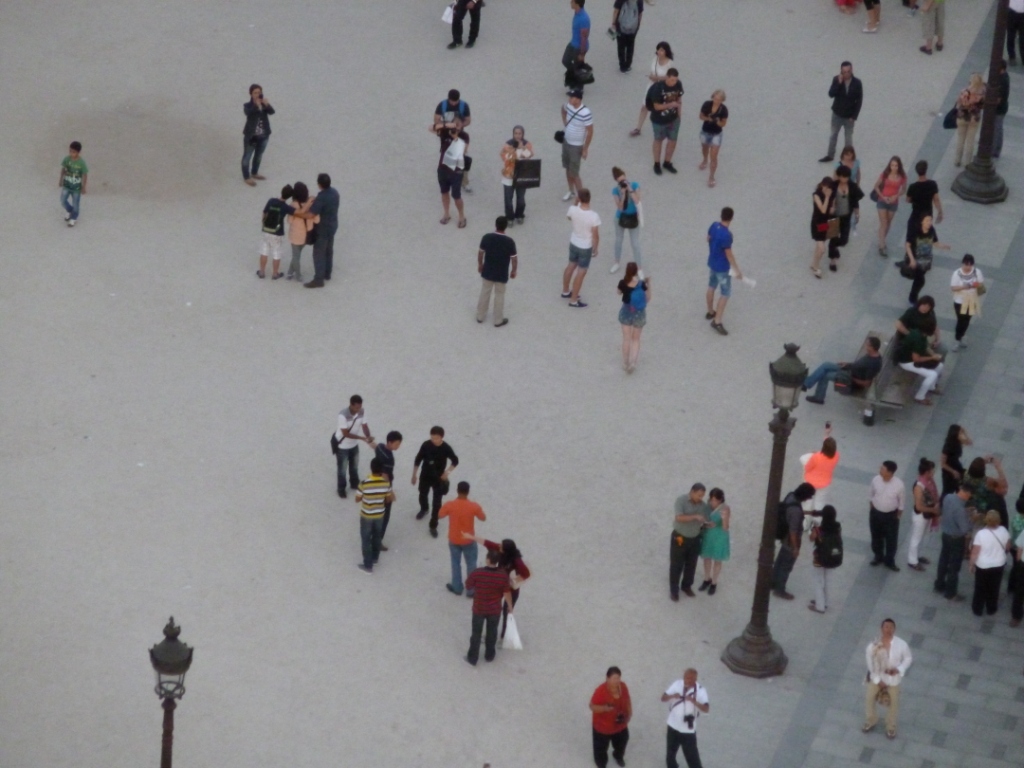Want to sell an idea?
Try this useful book from Dan Pink – To Sell is Human and of course Cialdini’s classic: Influence, the Psychology of Persuasion. Cialdini has the new one, Pre-suasion, but I think for corporate application these two are stronger: The Small Big, and Yes! 50 secrets from the Science of Persuasion. These last two are not by Cialdini but they are from a team that works with his organisation Influence at Work. Their blog subscription can be very useful.
And for fun (and education) try this quiz based on Pre-suasion.
Confidence is not competence
Remember that confidence and competence are NOT the same thing. You can be supremely confident and be really bad at things (if you’ve been to karaoke you know what I mean). So don’t think that you’ll end up being confident when you know your stuff – learn to look and be confident, even when you’re not – and it will mean you’re able to think more clearly and answer more effectively than if you collapse your body and lose connection with your unconscious mind.
More confidence can be physical: Amy Cuddy’s work, here’s some interesting summary on enthusiastic gestures and vocal variety to make you irresistible.
It can be visual: Try pre-presentation visualisation (future pacing / mental rehearsal); imagine the most inspiring person you know and step into their shoes to present; imagine the room giving you a standing ovation.
It can be auditory: find your theme song and play it (aloud or in your head) to get you into the zone or check out this article on getting yourself some positive self-talk.
And is it self-confident or self-compassionate
It may be that it’s not self-confidence you want but self-compassion. See this NY times article quoting my favourite blogger and author, Eric Barker, to get a handle on it.
And games just in case
Here is a version of Pass the Clap and the naming game: name things as they are, then name as they are not (a version of solo brainstorming). Clears the head, makes interesting points about the rules we give ourself and the way we interact.





